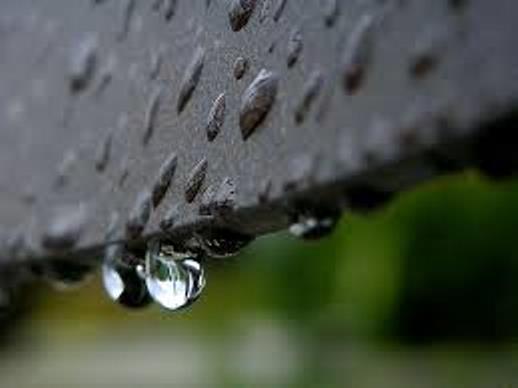 Small businesses are warning Americans not to buy EPA Administrator Gina McCarthy’s spin on her agency’s takeover of local water regulation – which will crush even the smallest landowner with financial and regulatory burdens.
Small businesses are warning Americans not to buy EPA Administrator Gina McCarthy’s spin on her agency’s takeover of local water regulation – which will crush even the smallest landowner with financial and regulatory burdens.
“If your property includes a pond, a creek or even a dry stream bed that gets wet once a year, you’re about to come under the same rules that would govern a casino developer on the Gulf Coast,” said National Federation of Independent Businesses (NFIB) President and CEO Dan Danner.
The EPA yesterday sent to the White House for final approval an expansion of the Clean Waters Act, intended by Congress 40 years ago as a way to protect navigable waterways. Under the new version, EPA regulators would have jurisdiction over just about any formation of water no matter how small, temporary or incidental. According to the federal EPA and the Army Corps of Engineers, the regulation will cost property owners who want to make improvements, including small businesses and farmers, more than $100 million, Danner warns.
“All 50 states have agencies that enforce their own regulations and they generally try to balance environmental protection with economic development. Under the new rule local business owners will have to seek permission from the federal government, pay thousands for the permits and potentially be denied by bureaucrats in Washington the right to improve their properties,” explained Danner.
“And if they build anything on their property without EPA approval they face tens of thousands of dollars in fines and even bigger litigation costs.”
The federal Small Business Administration’s Office of Advocacy called publicly last year on the EPA to withdraw the rule. It pointed out that the agency failed to perform an economic analysis as required by law. The EPA brushed aside that recommendation, however, arguing that there won’t be any new costs because the new rule merely expands an existing regulation.
“That fails the straight-face test,” said Danner. “Many thousands of local businesses and private property owners will now come under EPA regulation. Obviously that means new costs.”
